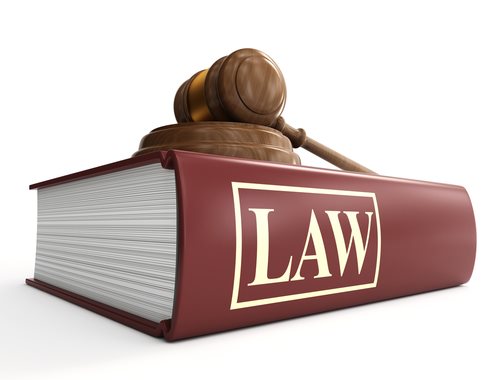 The Background of Grutter v. Bollinger (2003)
The Background of Grutter v. Bollinger (2003)
Barbara Grutter, Michigan resident and applicant to the Law School at the University of Michigan, filed an injunction against the university in 2007; subsequent to her rejection from admissions to the University, she had claimed that applicants classified as minorities – possessing inferior academic records than she – were accepted in lieu of her superior academic records. Almost 20 years prior to this case, Allan Bakke had filed an injunction against the University of California for similar reasons – and had his injunction upheld by the Supreme Court:
In the verdict delivered in the case of Regents of the University of California v. Bakke (1978), Bakke cited unfair acceptance policies undertaken by the University of California; Bakke mentioned that applicants deemed to be ‘at economical disadvantages’ possessed lower scores than Bakke – Bakke, who had been rejected from the school, mentioned that his 14th Amendment Rights had been violated
Title VI of the Civil Rights Act of 1964 states that no racial or ethnic preference shall be given or granted to any particular group by any institution or program in receipt of federal funding or monetary restitution
The Case Profile of Grutter v. Bollinger
The following is a case profile of the legal trial eponymously titled ‘Grutter v. Bollinger’:
Date of the Trial: April 1st, 2003
Legal Classification: Administrative Law; this legal field associated with events and circumstances in which the Federal Government of the United States engages its citizens, including the administration of government programs, the creation of agencies, and the establishment of a legal, regulatory federal standard
The Nature of the Appeal: The following criminal activity and charges were cited by Barbara Grutter against Lee Bollinger within the appeal brought forth subsequent to the initial ruling:
Grutter maintained that in accordance to Regents of the University of California v. Bakke (1978), she was subject to similar violations of her 14th Amendment Rights; she added that the Equality Clause within the 14th Amendment ensured equal translation and expression of the law without regard to race, religion, creed, gender, or ethnicity
United States Reports Case Number: 539 U.S. 306
Date of the Delivery of the Verdict: June 23rd, 2003
Legal Venue of Grutter v. Bollinger: The Supreme Court of the United States
Judicial Officer Responsible for Ruling: Chief Justice William Rehnquist
Involved Parties: The following are the parties named with regard to their involvement in the Grutter v. Bollinger case:
Barbara Grutter; Plaintiff – Grutter v. Bollinger
Lee Bollinger; Defendant – Grutter v. Bollinger
Verdict Delivered: The Supreme Court ruled in favor of the University of Michigan; in accordance to their ruling, they required the overturning of the Regents of the University of California v. Bakke verdict, as well. The reasons for the decision were explained as follows:
Due to the fact that the Law School admission process involved supplemental facets outside of academic records, there was no way to prove that the applicants had been accepted as a result of their respective race(s)
While a quota employed by the admissions committee is indeed a Constitutional violation, the acknowledgment of race with regard to acceptance is defined as the legal protocol innate within Affirmative Action
Associated Legislation with regard to Grutter v. Bollinger: The following statutory regulations were employed with regard to the Grutter v. Bollinger trial:
The 14th Amendment illustrates legislation that disallows the government from infringing on the right(s) to pursue ‘Life, Liberty, and the Pursuit of Happiness’ with regard to any and all citizens of the United States of America – this statute is applicable to all measures of gender, race, religion, and age






























